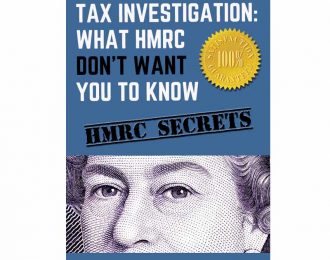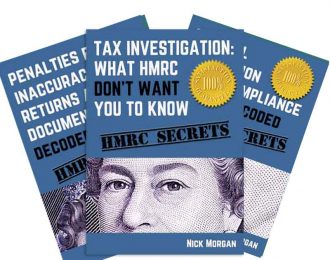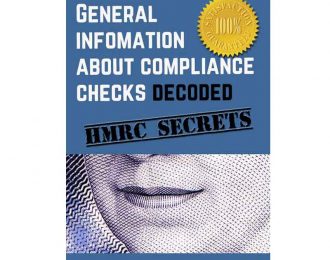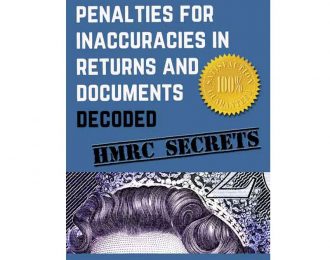What Do I Need To Know About Penalties?
In April 2009 HMRC introduced a new (and tougher) system of penalties. The new regime is complex, this is a solid starting point.

No penalties apply if “reasonable care” has been taken. HMRC will take the line that if you had taken reasonable care you wouldn’t have made a mistake / error in the first place.
You can take the line that you did everything in your power to keep proper records and make accurate self assessment returns, but the system was much more complex than you expected.
To which HMRC will say, that you should have got an accountant to help you then. To which you can then argue that there is no legal requirement to have an accountant and HMRC have historically told everybody how easy it is to do a return (“Tax Needn’t Be Taxing”). It was on that assumption that you decided to make the return on your own.
If you’ve used an accountant and there have been errors it’s still your responsibility, but you can argue that you went to a third party to get advice and help and you – reasonably – acted on that information.
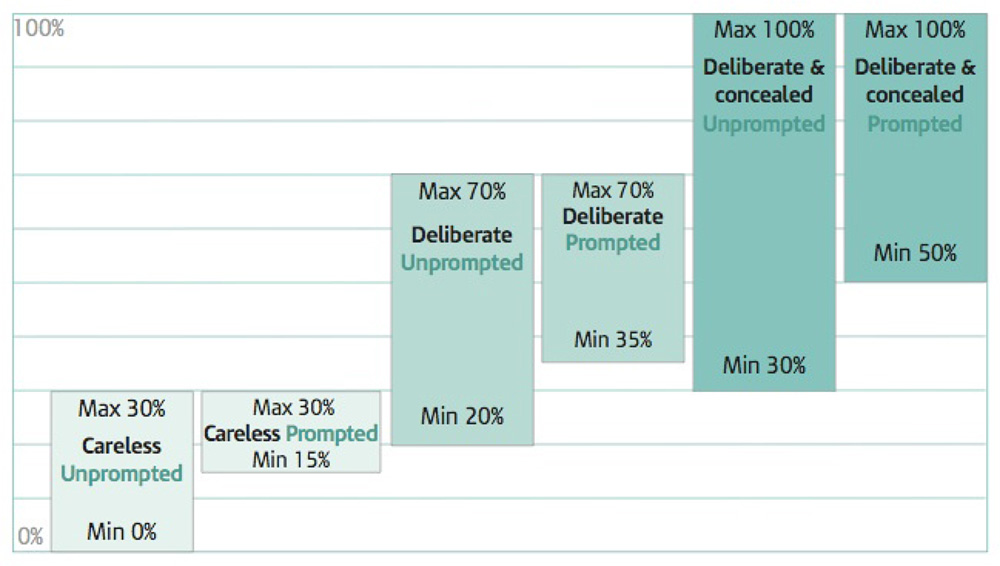
The bar chart shows the penalty bands. It’s up to 30% for “careless behaviour”. So once again we get this word careless. It’s used casually in the real world, but it has a very different meaning in the world of HMRC and you can see here that it carries a substantial penalty.
Up to 70% for “deliberate mistakes”: When HMRC say “deliberate mistakes” what they mean is fraud. So you earned money but didn’t declare it when you knew you should have.
Up to 100% for “deliberate and concealed mistakes”: This means that not only did you know you were doing wrong but you’ve made things difficult for HMRC along the way too, so they are really going to chuck the book at you.
Even though things have toughened up on the penalty front there is still plenty of room for negotiation.
Also, if HMRC are demanding penalties in earlier years (before the system was toughened up in April 2009), that section of the penalties should be reduced as they fall under the old – less harsh – system.
Confused yet? Well it is complex, but it all comes down to a bit of haggling: HMRC will stick on a penalty of X% because of A, B and C and you have to argue your side. HMRC will be expecting this, and when they ‘stack’ their penalty demands they do so with future haggling in mind.
If you are being hit for a high percentage as a penalty and HMRC won’t budge, you might want to take your case to an ADR or the Tribunal. Sometimes just threatening HMRC with the Tribunal is enough to make them take a more sensible position.
•••
After closure notices are issued you will have 30 days to appeal. If you accept the HMRC figures they will become binding to all parties. If you appeal HMRC can revise the ‘final’ figures.
In my case the closure notices were for just over £6k. When I appealed HMRC doubled that figure to an eye watering £12k (just to put the scarers on me) then (after a year of negotiation and a month before the appeal hearing was due to take place) HMRC reduced their figure to just over £4k. That should give you an idea of how elastic these figures can be.


